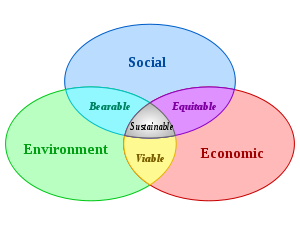“Doggles” is a pet supplies company founded by Veronica DiLullo. It is most famous for its “Doggles” which essentially are protective eye-wear for canines. DiLullo first invented them for her own dog’s eye-wear needs and soon, based on the positive feedback and growing requests for her invention, DiLullo realized she had found a new market. This company is a great example of successful entrepreneurship. An extremely unusual but inventive product was created, and while pet eye-wear is a very risky product to try to make a profit on, it turns out that “Doggles” filled a gap in the market. Once the demand for this product was fully realized, DiLullo took the initiative to build on her creation and was therefore inventive with her production methods, teaming up with veterinarians and ophthalmologists to “design the frames, straps and shatterproof and anti-fog lenses“ for the “Doggles”. Furthermore, the article also mentions that “Doggles” has been very profitable for DiLullo-success for an innovative product that may have seemed slightly odd in the beginning, but revealed itself to be a product in high demand that would bring in the cash!
More about “Doggles” here: http://www.doggles.com/




